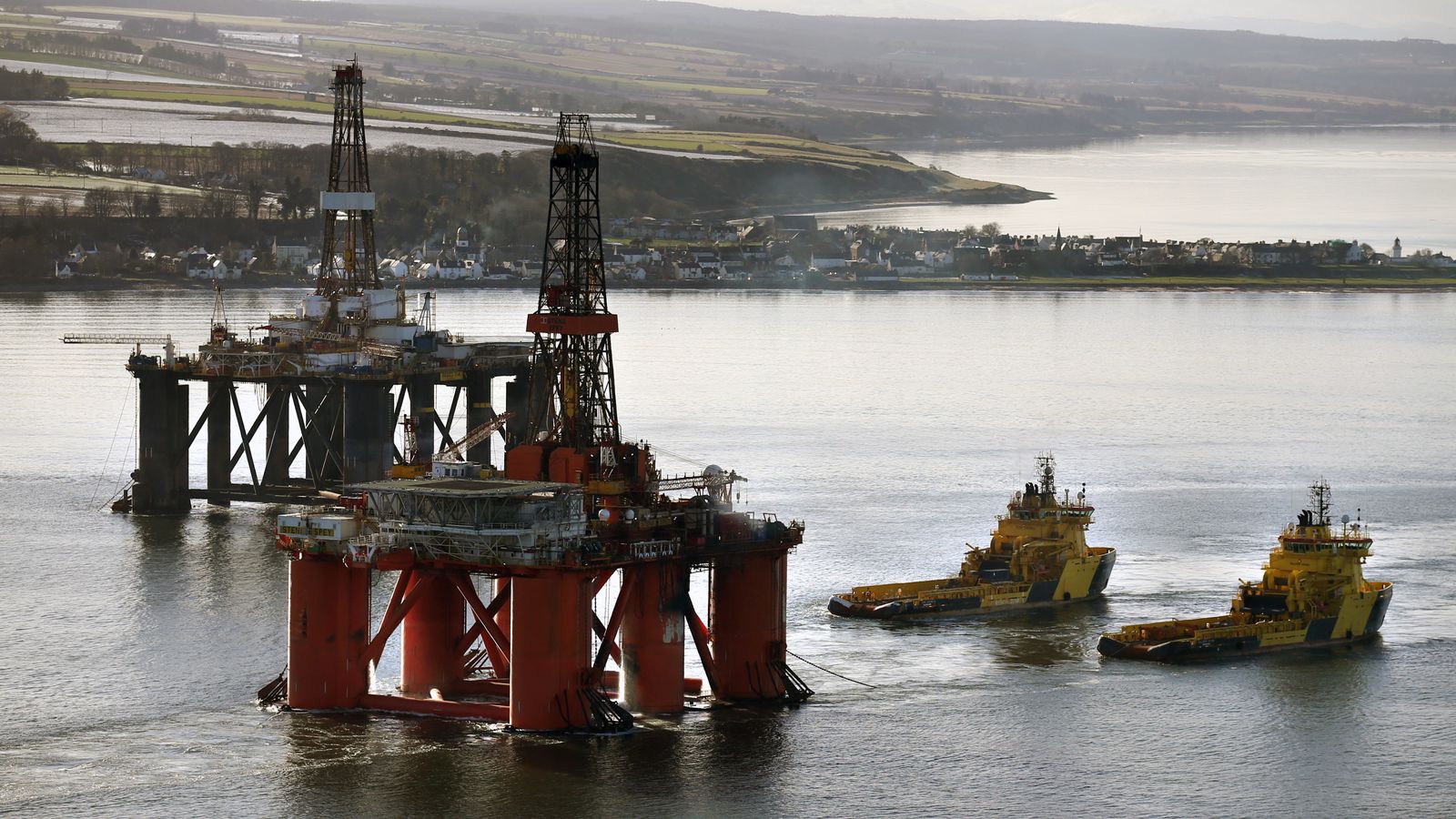If the polls are correct, Labour will be in government in less than a month from now, yet the party’s policies are already having an impact on business.
Three oil and gas companies – Jersey Oil and Gas, Serica Energy and Neo Energy – said on Wednesday they had decided to delay by a year the planned start of oil production at Buchan, an oilfield in the North Sea 120 miles to the north-east of Aberdeen, which they jointly own.
The trio explicitly linked the decision to the earlier than expected timing of the election.
Read more
Labour has launched its Great British Energy policy – do we need it?
Jersey Oil and Gas, speaking on behalf of itself and its joint venture partners, told shareholders: “While activities continue in order for the Buchan project to be ready for field development plan approval by the end of this year, the exact timing for achieving this key milestone and enabling project sanction is naturally linked to securing fiscal clarity from the next government and ensuring that the project remains financially attractive.”
Labour’s flagship energy policy
That was a reference to Labour‘s energy policies.
Sir Keir Starmer, the Labour leader, confirmed last week that Labour intends to spend £23.7bn over the life of the next parliament on a ‘green prosperity plan’ at the centre of which is the creation of a state-owned vehicle, Great British Energy, that will invest in renewables.
It will be chiefly funded by raising the existing windfall taxes first imposed on North Sea oil and gas producers by Rishi Sunak, as chancellor, in 2022.
Sir Keir, who spoke last week of a “proper windfall tax“, proposes to raise the total level of tax from the current 75% to 78%.
Ed Miliband, the shadow secretary of state for energy security and net zero and the architect of Labour’s energy plans, also proposes to strip away tax reliefs Mr Sunak put in place, alongside the windfall tax, which allowed producers to offset their investments in new production against their tax bills.
The industry body Offshore Energies UK has suggested Labour’s plans could result in the loss of 42,000 jobs among North Sea oil and gas producers.
No new licences spooking oil and gas companies
But what really appears to have spooked Jersey and its partners is Labour’s previous promise that it will award no new North Sea oil and gas licences.
Should it press ahead with that ban, it would directly impact developments like Buchan, which is thought to contain 100 million barrels of oil and which was due to produce its first oil in 2026.
The £900m Buchan project is not the only North Sea investment potentially put at risk by Labour’s proposals.
The trade publication Energy Voice Online reports today that other projects, including Glendronach, a proposed gas field to the West of Shetland being developed by the French major TotalEnergies, and Avalon, an oilfield in the Outer Moray Firth being developed by the Malaysian producer Ping Petroleum, could also be delayed in the same way as Buchan.
It also reports that London-based Viaro Energy’s proposals to buy North Sea assets, including the Anning and Somerville gas fields, from Australia’s Hartshead Resources is also facing delays.
Francesco Mazzagatti, Viaro’s founder and chief executive, told Energy Voice Online: “The general election and Labour pledges around no new oil and gas licences are making it very challenging for producers to approach North Sea investments strategically.
“With the four changes that the Conservatives made to the EPL (Energy Profits Levy) tax in a couple of years, and with Labour’s announced plans around the sector, there is a distinct lack of plannability and predictability that are required to carry out projects successfully and without delays.
“A more common-sense approach is long overdue.”
Political and union campaigning on the issue
Ahead of the election the Conservatives and the Scottish National Party, which together currently hold all the seats in the Grampian region, are campaigning hard on the issue.
However, once in power, the issue could quickly become a headache for an incoming Labour government.
Unite, the UK’s biggest trade union and a major financial backer to the party, is already urging Sir Keir not to ban new licences for oil and gas exploration until Labour has come up with ways of offsetting the job losses that would result from such a move.
The industry, meanwhile, is desperate for an early decision to provide it with clarity.

